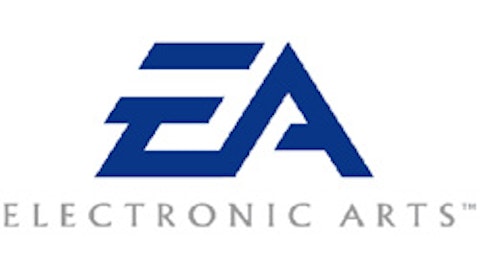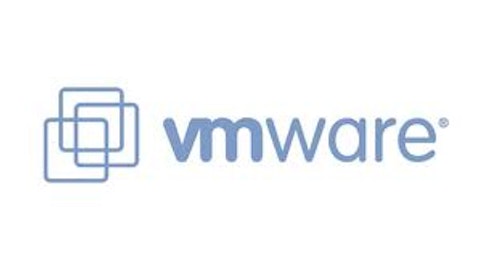
Electronic Arts is a publisher and distributor of video game software for video game consoles, computers, mobile devices, and the Internet. It produces games in a variety of styles and storylines for players of all ages.
In addition to the announcement of current CEO John Riccitiello stepping down, EA said its revenue and earnings expectations will be lower than previously expected. On Jan. 30, it reported that fiscal year diluted earnings per share should be between $0.86 and $1.00. Revenue expectations were set at $3.7-$3.8 billion. Riccitiello said in a statement he takes the blame for not reaching the operational metrics the company – and its investors – expected.
Earnings history
Electronic Arts Inc. (NASDAQ:EA) has had a challenging year so far. It started the fiscal year with an earnings loss of $0.41. The most recent quarter saw a loss of $0.15 per share. The stock price tumbled in response to this poor performance from April to June of 2012 to a low of $10.77.
Fiscal year 2012 revenue was up 15% from 2011. Net earnings were $76 million in 2012 over a net loss of $276 million in 2011. 2012 net margin was 1.8%. The most recent quarter’s revenue was up 29%, but still had losses.
Operations
Video game markets have been changing in recent years. According to EA’s most recent 10-Q, more consumers are using wireless and mobile gaming platforms. This is one of the major focuses of gaming and entertainment for the future. EA’s mobile revenue has grown by 23% from Q2 to Q3.
Another main focus for the company is shifting its production schedule to center around sequels to already popular games. In 2013, Electronic Arts Inc. (NASDAQ:EA) expects to release 13 primary game titles, which include sequels. This is 36% of the 36 titles released in 2011. In February, Dead Space 3 was the most popular video game sold in the United States.
The interim CEO and his eventual replacement will have to focus on growing and monetizing mobile gaming platforms, as well as expanding branding around already popular titles. Recent sales are down 25% across the industry, so there will be major challenges ahead.
New management will have to continue to battle Activision Blizzard (NASDAQ:ATVI), Inc. for market share and gaming competition. Activision Blizzard had the second most popular game sold over the last 6 months: Call of Duty Black Ops 2. It is also sitting on $4.4 billion in cash, making it a highly liquid and balanced company. It has the ability to make the capital expenditures necessary to expand its gaming platform.
Nearly one third of all of EA’s revenue comes from Microsoft Corporation (NASDAQ:MSFT)‘s Xbox platform. However, the Sony PlayStation 3 has overtaken the Xbox as the most popular gaming console. While this isn’t a major cause of concern for Microsoft, it is a concern for video game producers. The entertainment and devices division of Microsoft accounts for 10% of all revenue. This division includes the Windows Phone and Windows Mobile. Microsoft is expected to release a new version of the Xbox to help ignite the gaming console wars and edge Microsoft to the top.
The interim and new CEO of EA have an uphill battle. Investors have responded with support and optimism, raising the stock price 2.51% in after-hours trading. The new management will have to avoid server errors like those associated with the new SimCity launch, focus on monetizing mobile and casual gaming platforms, and give gamers the products they want. If the company can get on this track, expect a nice comeback and a decent return. If not, look for a stock price below $18.00 per share in the next few months.
The article Changing the Game of the Gaming Industry originally appeared on Fool.com and is written by Austin Higgins.
Copyright © 1995 – 2013 The Motley Fool, LLC. All rights reserved. The Motley Fool has a disclosure policy.

